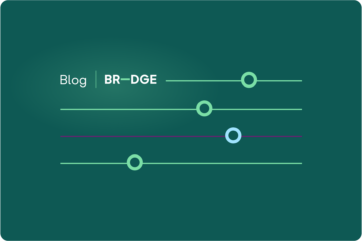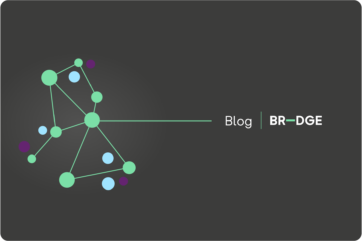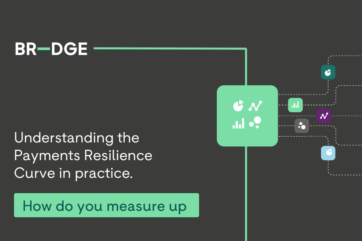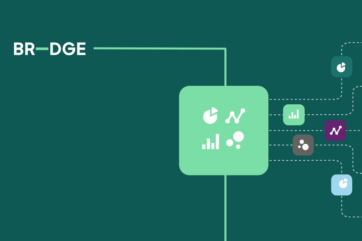
The Real Cost of Slow Payouts for Gambling Operators

Gambling operators continue to invest heavily in optimising their customers’ pay-in experience, from offering instant deposits, multiple payment methods, and frictionless onboarding. But when it comes to withdrawals, many operators are still constrained by rigid systems.
For today’s players, any experience gap between deposits and withdrawals is unacceptable. If a player can deposit via their preferred payment method in seconds but they have to wait hours (or even longer!) to access their winnings, the experience feels broken. The lack of parity can erode customer trust and brand loyalty quickly, and customers look to competitors who can deliver faster, smoother withdrawals.
For gambling operators, payouts are no longer a back-office process. They’re a defining moment of truth for the player experience. To compete and comply at scale, operators need payout infrastructure that’s as intelligent, flexible, and automated as their pay-in systems.
The Problem: Traditional Payout Methods Are Slowing Operators Down
The challenge is that traditional payout methods aren’t designed for the pace and complexity of modern online gambling operators. This leads to frustration, compliance risk and process inefficiency for both players and for the operational teams managing high transaction volumes.
Customer experience risk: In today’s instant economy, players expect their winnings in minutes. Any delay in withdrawals creates frustration, an increase in support queries, and ultimately customer churn. With players expecting parity with the deposit experience, when withdrawals lag behind, it undermines trust and player satisfaction.
Operational drag: Many operators still experience inefficiencies from traditional PSP lock-ins that limit flexibility, making it difficult to route payouts efficiently or onboard new payout methods quickly.
Compliance burden: Regulations such as Anti Money Laundering (AML) and ‘method of return’ rules in certain markets require payouts to follow specific paths, increasing payout complexity and operational costs. Processes lack full automation, compliance checks become resource-intensive, and therefore expensive.
Cost inefficiency: Each withdrawal often follows the same payment rail, regardless of geography or transaction value. This one-size-fits-all approach leads to unnecessary provider fees, FX exposure, and lost optimisation opportunities.
In short, traditional payout methods create hidden costs for operators that increase over time; operationally, financially and reputationally.
The shift to intelligent control
Modern gambling operators are rethinking the payout model entirely. This is where payment orchestration comes in, a smarter, centralised approach that brings control, visibility and agility to money-out flows.
Orchestration decouples payout logic from any single PSP, allowing operators to configure and optimise their payout routes dynamically. Instead of being constrained by one provider’s rules or technology stack, operators can build policy-driven routing and real-time decisioning that automatically selects the best rail, provider, or method for each transaction.
This means faster, cheaper, and more compliant payouts, without writing complex code or changing the front-end experience.
Operators also gain the ability to automate compliance steps and improve visibility across the entire payout ecosystem. Every transaction, provider, and rail can be tracked and optimised from a single control layer.
In effect, payout orchestration transforms what was once a rigid process into a configurable, efficient, and intelligent system, mirroring the evolution that pay-ins have undergone.
Mirror the deposit experience
Players expect withdrawals to be as instant and seamless as deposits. Orchestration enables operators to mirror the deposit journey by routing withdrawals through the fastest and most cost-effective rails in real time. Whether funds are returned to card, bank or wallet, every payout feels frictionless and fast, boosting loyalty and reducing customer support queries.
Optimise by Cost and Efficiency
Without orchestration, every withdrawal follows the same path. With orchestration, operators can dynamically select providers based on transaction value, geography, currency, or cost structure, routing each payout via the most efficient path. This results in reduced fees, lower FX exposure, and leaner operating cost without compromising player experience.
Automate AML and Source-of-Funds Logic
For gambling operators, regulatory compliance is business-critical. Orchestration automates AML, KYC and ‘method-of-return’ rules, easily enabling withdrawals to be sent via the same route as deposits. By embedding compliance, manual effort and regulatory risks are reduced, and payouts become faster and fully auditable.
Add Resilience and Redundancy
Downtime and outages damage trust and revenue. When one provider or payment rail fails, orchestration enables instant fallback to an alternative provider, keeping withdrawals flowing and protecting both uptime and player trust.
Unifying Data and Reconciliation
With disparate data sources comes one of the biggest operational pain points in payouts. A unified orchestration layer gives operators a single view of every transaction across every rail and provider, simplifying reconciliation, reporting, and oversight. Teams gain efficiency, while leadership gains real-time visibility to optimise performance and cost.
The Future: Recipient-Led, Real-Time Payouts
In a market where players have limitless choice, speed, and trust are customer loyalty drivers. Operators that can deliver seamless, instant withdrawals not only retain their customers but also elevate their brand reputation and attract higher-value players.
For gambling operators, the next evolution of payouts is already taking shape. Players expect to choose how and when they will withdraw their funds, whether that’s back to a card, digital wallet, or instant payout via a new rail.
Payouts are no longer an operational afterthought. They are a core infrastructure that directly impacts operational costs, compliance confidence, player satisfaction and business growth.
As the industry shifts towards instant and customisable withdrawal experiences, gambling operators that embed payout orchestration into their payments architecture will gain a competitive advantage.
It’s these operators that will optimise processes, offer their players genuine control, build long-term customer loyalty, and future-proof their business resilience.
Related content





